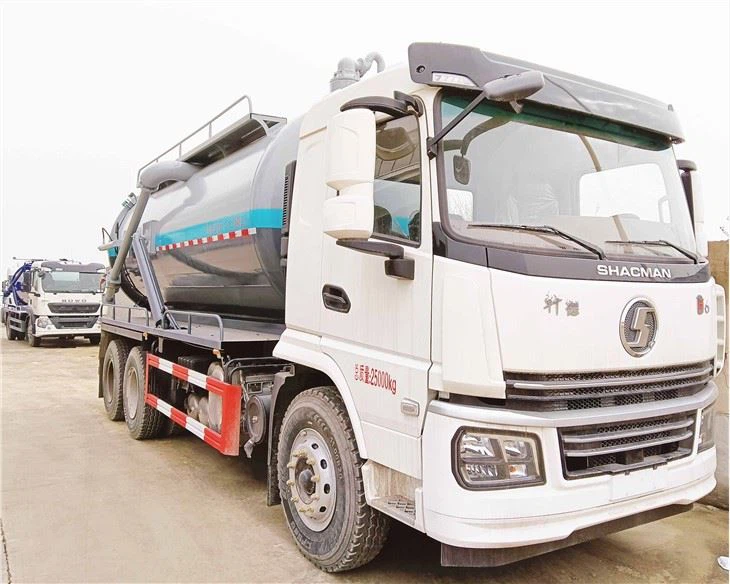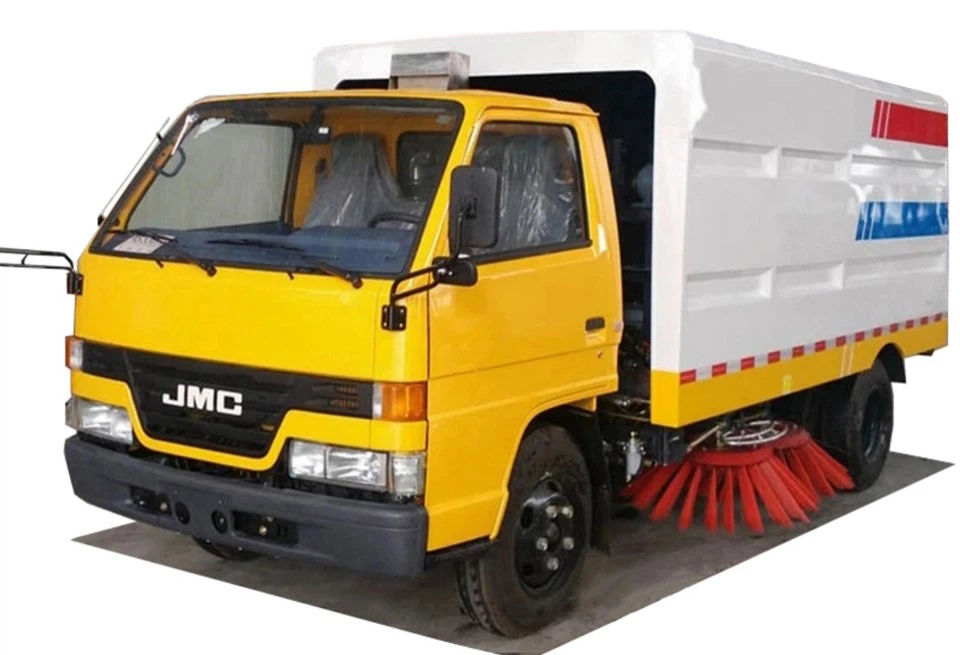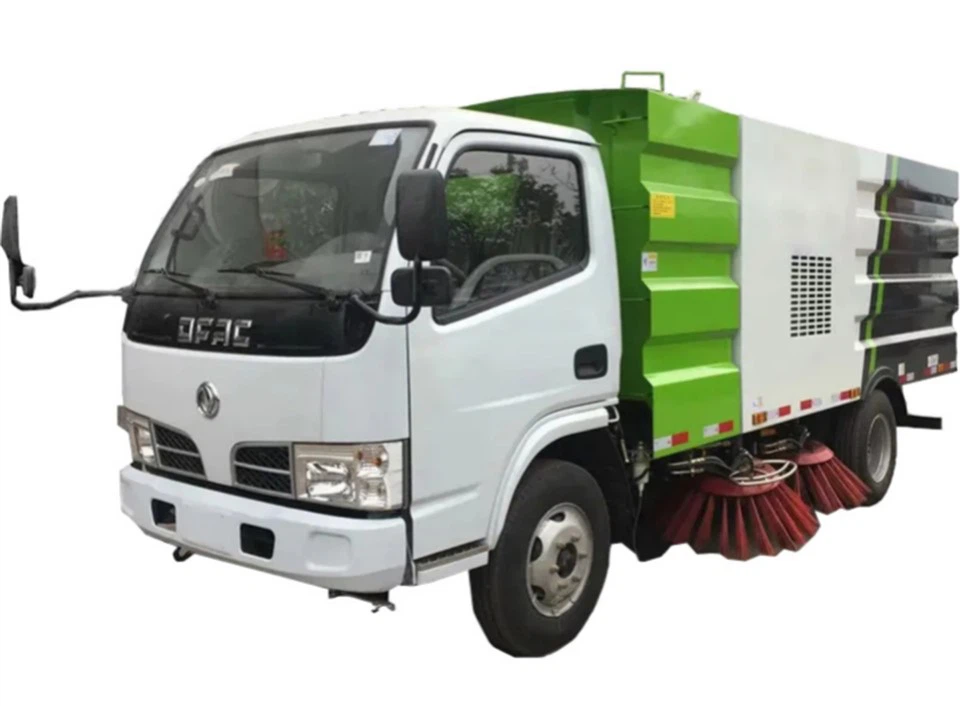Understanding the Rolloff Truck World: A Comprehensive Guide

The rolloff truck world is an essential component of the waste management and construction industries. These specialized vehicles are engineered for efficiency and practicality, allowing for the easy transportation of heavy loads. In this article, we will explore the various aspects of rolloff trucks, including their functionalities, types, benefits, and best practices for usage. Whether you are a contractor, waste manager, or simply curious about this fascinating sector, this article will serve as your comprehensive guide.
What is a Rolloff Truck?
A rolloff truck is a specialized vehicle designed for loading, transporting, and unloading large containers, often referred to as rolloff dumpsters. These trucks typically feature a hydraulic system that allows the container to roll off the back of the truck or onto the ground with ease. This unique design makes them highly efficient for waste management processes and construction projects.
Components of a Rolloff Truck
Rolloff trucks consist of several key components:
- Chassis: The truck’s frame, designed to support the weight of the rolloff container.
- Hydraulic System: Responsible for lifting and lowering the container.
- Container: A large receptacle used for transporting waste or materials, available in various sizes.
- Cab: The driver’s seat and controls to operate the truck.
Types of Rolloff Trucks
Rolloff trucks come in several varieties, each tailored to specific needs and applications. Understanding these types can help you choose the right one for your project.
Standard Rolloff Trucks
Standard rolloff trucks are the most common type used for general waste collection and delivery. They are equipped to handle various sizes of containers, typically ranging from 10 to 40 yards.
Heavy-Duty Rolloff Trucks
Heavy-duty rolloff trucks are designed for more demanding applications, such as construction sites with heavy materials. They offer increased payload capacity and sturdier construction.
Compaction Rolloff Trucks
These trucks are equipped with built-in compactors that compress waste to maximize the container’s capacity. This type is particularly useful for commercial waste management.
Choosing the Right Type
When selecting a rolloff truck, consider the following factors:
- Type of waste being transported
- Container size required
- Operational environment (urban vs. rural)
Benefits of Using Rolloff Trucks
Rolloff trucks offer numerous advantages that enhance operational efficiency and reduce costs:
Efficiency in Waste Management
Rolloff trucks streamline the waste collection process. With the ability to swiftly load and unload containers, they can significantly shorten project timelines.
Cost-Effectiveness
By optimizing the transportation of waste and materials, rolloff trucks can lead to significant cost savings in labor and time.
Versatility
Rolloff trucks are not limited to hauling waste; they can transport construction debris, recyclable materials, and more, making them highly versatile.
Safety Features
Modern rolloff trucks are equipped with advanced safety features, such as stability controls and backup cameras, to minimize risks during operation.
Practical Uses of Rolloff Trucks
Rolloff trucks are integral to various industries. Here are some common applications:
Construction Sites
In construction, rolloff trucks are used to transport debris and materials efficiently. They are essential for keeping job sites clean and organized.

Residential Projects
Homeowners often rent rolloff containers for projects such as renovations, cleanouts, or landscaping to collect debris conveniently.
Commercial Waste Management
Businesses utilize rolloff trucks for regular waste disposal and to manage recyclable materials, ensuring compliance with local regulations.
Disaster Recovery
During disaster recovery efforts, rolloff trucks are deployed to transport debris and hazardous materials from affected areas quickly.
Best Practices for Operating Rolloff Trucks
Operating a rolloff truck requires skill and adherence to specific guidelines to ensure safety and efficiency.
Training and Certification
Before operating a rolloff truck, drivers should undergo proper training and obtain necessary certifications. This ensures they understand the vehicle’s systems and safety protocols.

Regular Maintenance
Frequent inspections and maintenance of rolloff trucks are crucial. Regular checks on hydraulic systems, brakes, and tires can prevent breakdowns and enhance safety.
Load Management
Operators should be mindful of weight limits and proper loading techniques to prevent accidents and maintain stability during transport.
Site Assessments
Before deploying a rolloff truck to a site, conduct assessments to ensure the location is suitable for truck operation and container placement.
Rental vs. Purchase of Rolloff Trucks
Deciding whether to rent or purchase a rolloff truck depends on various factors, including frequency of use, budget, and operational requirements.
Benefits of Renting
- Lower upfront costs
- No maintenance responsibilities
- Access to the latest models
Benefits of Purchasing
- Long-term cost savings
- Customization options
- Reliability and availability at all times
Making the Decision
Evaluate your needs and financial situation. For occasional use, renting may be preferable, but frequent operators may benefit from purchasing.
The Future of Rolloff Trucks
The rolloff truck industry is evolving with advancements in technology and environmental considerations. Here are some trends shaping the future:
Electric Rolloff Trucks
As environmental awareness grows, electric rolloff trucks are making their debut in the market, reducing emissions and operating costs.
Automation and Technology
Integration of advanced GPS tracking, route optimization software, and telematics is enhancing operational efficiency and safety in rolloff truck operations.
Regulations and Compliance
Stricter regulations on waste management are driving the industry to adopt more sustainable practices, influencing the design and operation of rolloff trucks.
Rolloff Truck FAQs
1. What is the typical size of a rolloff container?
Rolloff containers typically range from 10 to 40 yards in size, with 20-yard containers being the most common for residential use.
2. How much weight can a rolloff truck carry?
The weight capacity of a rolloff truck varies, but most can carry between 10,000 to 20,000 pounds, depending on the truck and container used.
3. How do I choose a rolloff truck rental service?
When selecting a rental service, consider factors like reputation, pricing, availability of different container sizes, and customer support.
4. Are there specific regulations for rolloff trucks?
Yes, regulations may vary by region and include weight limits, safety standards, and requirements for waste disposal. Always consult local regulations.
5. Can rolloff trucks be used for recycling?

Absolutely! Rolloff trucks are often used to transport recyclable materials to processing facilities, promoting environmentally responsible waste management.
6. How often should rolloff trucks be maintained?
Rolloff trucks should undergo regular inspections and maintenance at least every six months, but more frequent checks are recommended for high-use vehicles.
Conclusion
The rolloff truck world plays a crucial role in waste management and construction operations. Understanding the various types, benefits, and applications of rolloff trucks allows operators and businesses to enhance their practices, efficiency, and safety. With continued advancements in technology and a shift toward sustainable solutions, the future of rolloff trucks looks promising. Whether you’re considering a rental, purchase, or simply want to know more, this comprehensive guide aims to answer all your questions and provide insights into this vital sector.
